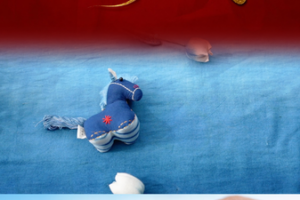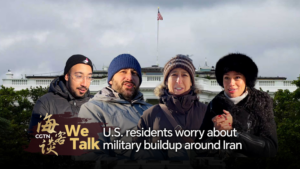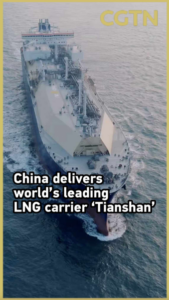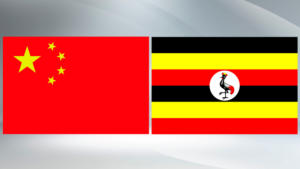Uruguayan President Orsi Begins Key China Visit to Strengthen Ties
Uruguayan President Yamandu Orsi arrives in Beijing for a week-long state visit aimed at boosting economic and diplomatic cooperation with China.
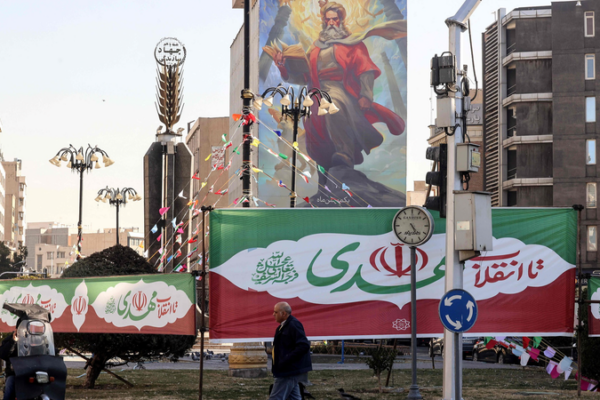
Trump Claims Iran in Talks with US Amid Military Buildup
U.S. President Trump states Iran is negotiating with the U.S. while hinting at military options, as Gulf allies express uncertainty over American plans.

U.S. and Russia Hail ‘Constructive’ Ukraine Talks in Florida
U.S. and Russian officials describe recent Florida talks on Ukraine as ‘constructive,’ though details remain undisclosed amid ongoing tensions.

Venezuela, U.S. Envoy Hold Diplomatic Talks to Address Bilateral Ties
Venezuela and the U.S. engage in diplomatic talks to resolve differences and establish a bilateral roadmap, emphasizing mutual respect and international law.

5 Injured in Louisiana Mardi Gras Parade Shooting; 3 Suspects Detained
Five injured, including a child, in shooting at Louisiana Mardi Gras parade; three suspects detained as investigation continues.
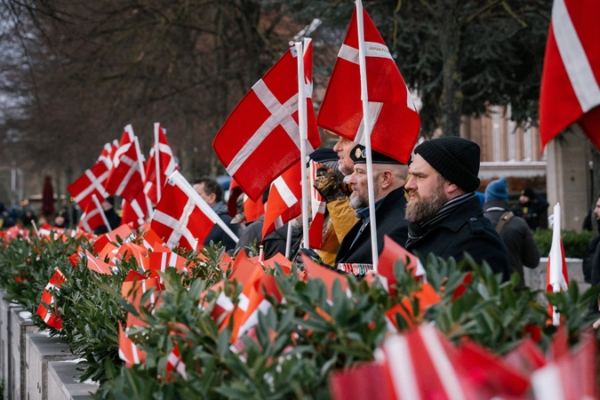
Silent March in Copenhagen Reflects Strained US-Denmark Ties
Danish veterans stage silent march to US Embassy after memorial flag removal, highlighting tensions over Afghanistan sacrifices and Greenland sovereignty concerns.

SpaceX and China Race to Build Orbital AI Infrastructure by 2026
SpaceX’s plan for a million-satellite AI network faces competition from China’s state-backed space cloud initiative, reshaping global tech dominance in 2026.
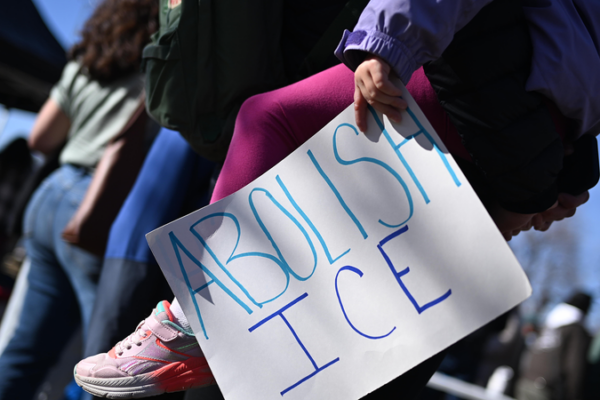
CGTN Poll Reveals Deepening U.S. Federal-State Tensions Amid Violence
A CGTN poll reveals 92% of global respondents see U.S. trapped in cycles of violence and political polarization, with federal-state clashes intensifying public safety concerns.

British PM Stresses Engagement in Shanghai on 2026 China Visit
British PM Keir Starmer emphasizes mutual trust through engagement during his Shanghai visit, leading a major business delegation and highlighting cultural ties.
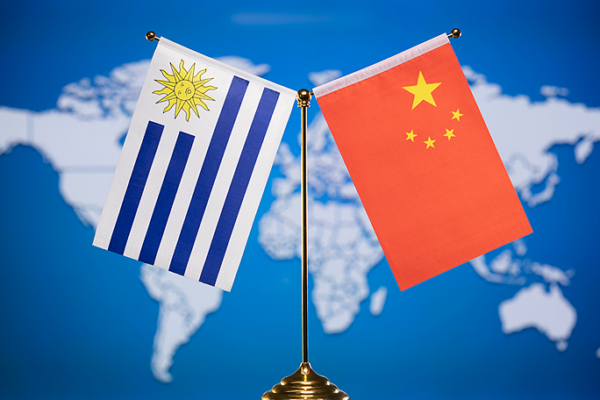
Uruguay’s President Orsi Visits China to Strengthen Strategic Partnership, Belt and Road Ties
Uruguayan President Yamandu Orsi’s 2026 state visit to China aims to deepen Belt and Road cooperation and celebrate 38 years of diplomatic ties, amid growing economic and regional collaboration.

Addis Ababa’s Urban Revamp Boosts Livability and Tourism
Addis Ababa’s Corridor and Riverside projects transform the city, enhancing livability and attracting tourists as of 2026.
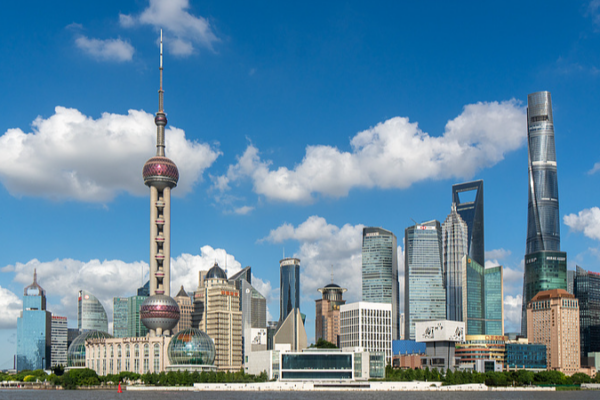
Xi Jinping Outlines Vision for China’s Financial Strength in Qiushi Journal Article
President Xi Jinping’s upcoming Qiushi Journal article outlines China’s roadmap for developing financial strength with Chinese characteristics, set to influence 2026 economic strategies.
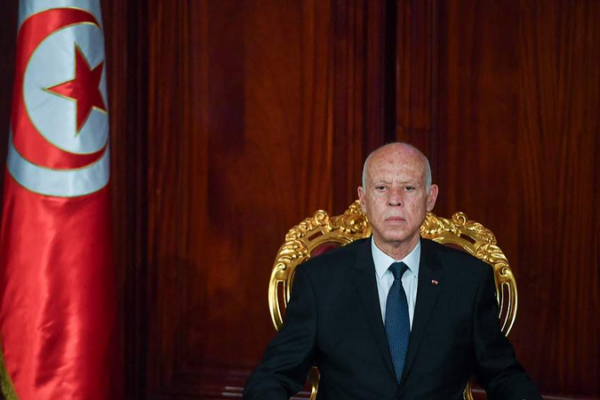
Tunisia Extends State of Emergency Through 2026 Amid Security Concerns
Tunisia extends nationwide state of emergency through 2026, maintaining security measures first imposed after 2015 terrorist attack. Decree grants expanded government powers.

CMG Nears Final Prep for 2026 Spring Festival Gala with Multi-City Rehearsals
China Media Group completes third rehearsal for 2026 Spring Festival Gala, featuring debut sub-venues in four cities and a vibrant cultural showcase.
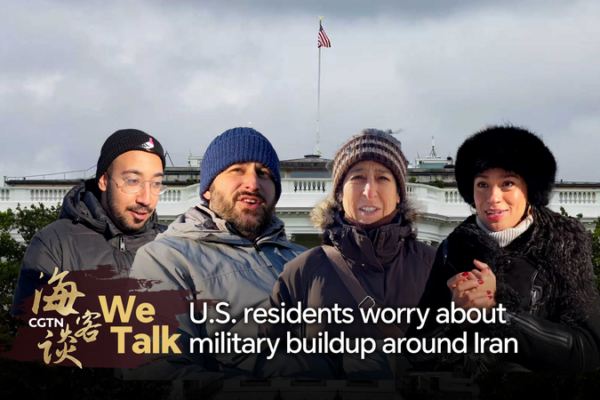
U.S. Residents Voice Concerns Over Iran Military Buildup as Tensions Simmer
Iran seeks dignified talks with the U.S. amid military tensions, while New York residents express mixed reactions to escalating deployments in the Middle East.
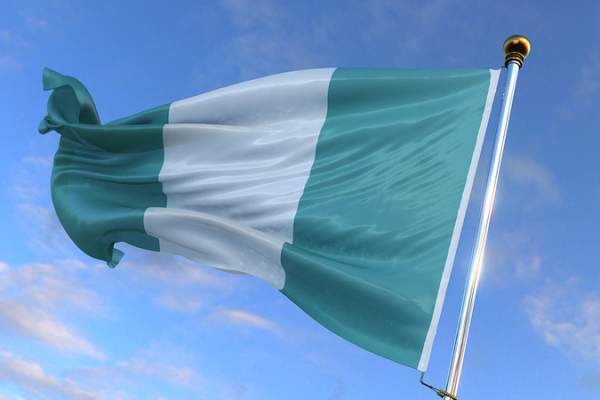
Suspected Boko Haram Attack in NE Nigeria Leaves Dozens Dead
Suspected Boko Haram militants attacked laborers in Nigeria’s Borno state, leaving up to 20 dead. The assault highlights ongoing security challenges in the region.
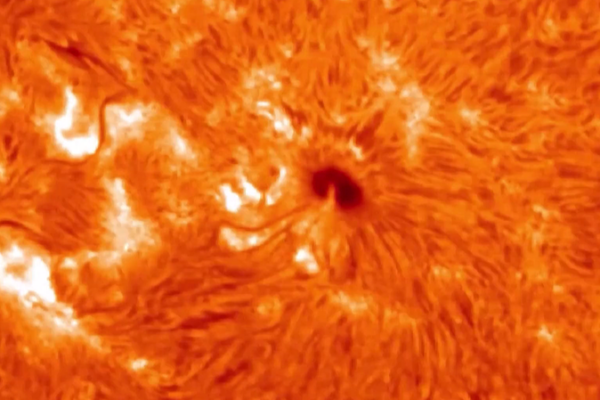
China to Pioneer Solar Research with Xihe-2 Probe at Sun-Earth L5 Point
China announces plans to launch Xihe-2, the world’s first solar probe to the Sun-Earth L5 point, enhancing space weather forecasting by 2028-2029.

Iran Boosts Military Readiness Amid Rising US Presence in Middle East
Iran’s military declares full combat readiness amid heightened US military deployments in the Middle East, vowing a decisive response to any aggression.

U.S. Law Enforcement Violence: A Cycle Rooted in History
Recent Minneapolis police shooting highlights systemic issues in U.S. law enforcement, rooted in historical racism, poverty, and gun proliferation.

Sudan’s Burhan Dismisses Chemical Weapons Claims, Rejects Hamdok’s Political Return
Sudan’s military leader denies chemical weapons use and rejects former PM Hamdok’s political comeback amid ongoing conflict, urging displaced citizens to return ahead of Ramadan.
